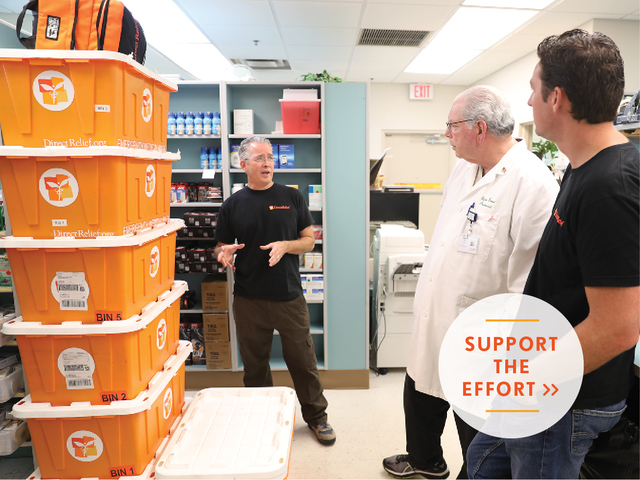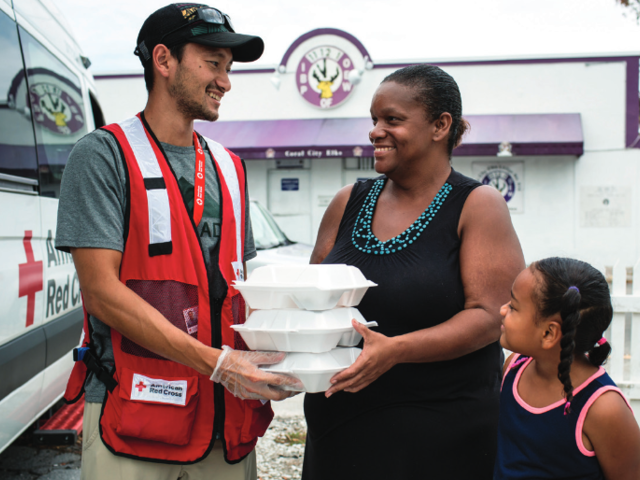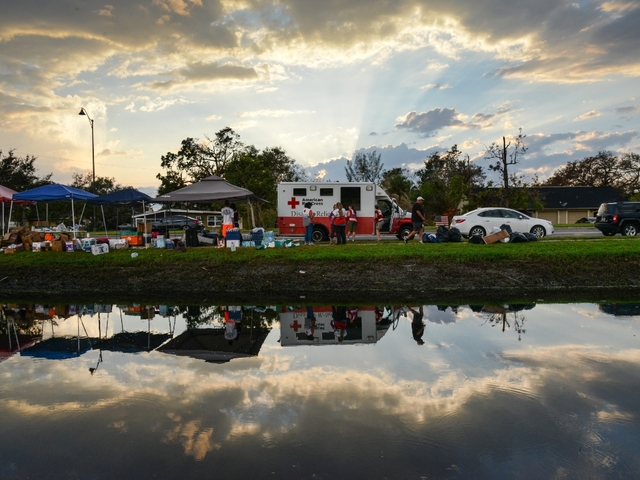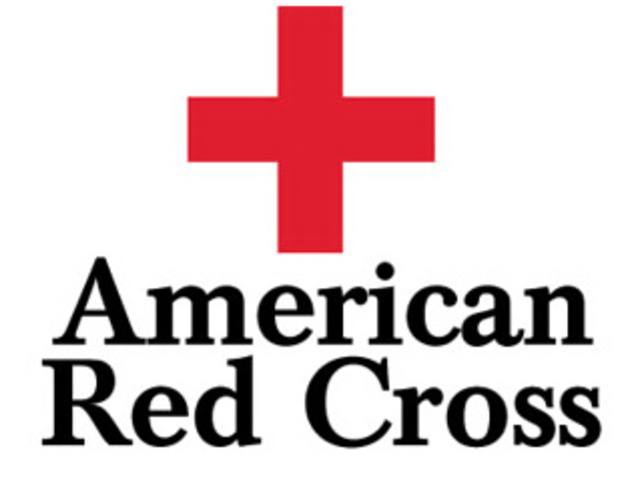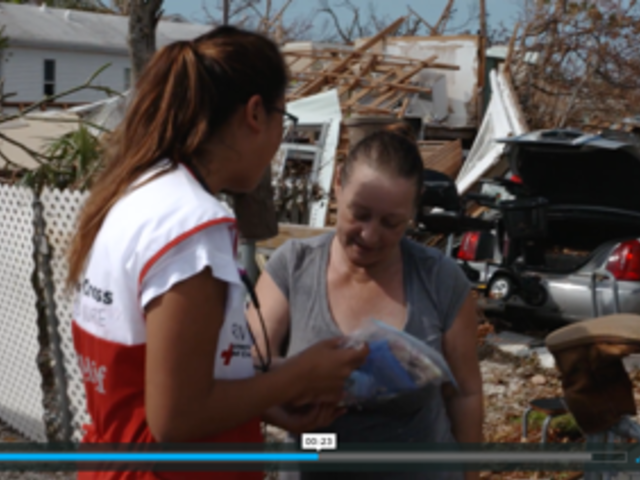One of the most powerful storms ever recorded in the Atlantic, Hurricane Irma caused catastrophic damage as it passed over numerous island territories and countries in the Caribbean before battering large swaths of Florida. Strong winds, torrential rains, storm surge, and overflowing rivers demolished entire islands and caused enormous damage to homes, buildings, infrastructure and agriculture on others. Millions of people throughout the region were left without power and had to deal with shortages of food, clean water, and medical goods.
Florida: Direct Relief was already in touch with safety net clinics and health centers in Florida, most likely to be affected by the hurricane and flooding before it made landfall. Prepositioning of medical goods before hurricane season and eleventh-hour deliveries by Direct Relief staff members enabled many of these partner facilities to care for people in need on site without delay. Donated products were also used by healthcare facility staff at shelters and evacuation centers to ensure that people who had to leave their homes had access to essential medications and supplies. To date, a total of 67 shipments have been delivered to 17 healthcare facilities in Florida.
Caribbean: Emergency shipments have also been delivered to health departments and facilities in Caribbean territories and nations affected by this deadly and destructive storm. To date, 38 shipments containing specifically requested medical goods have been provided to public health departments and healthcare facilities in Anguilla, Antigua & Barbuda, the Dominican Republic, the Dutch Antilles, Haiti, Puerto Rico, Turks & Caicos, and the US and British Virgin Islands. In total, 105 emergency shipments, containing medicines, insulin, tetanus vaccines, nutritional products, and a range of consumable and durable medical and surgical supplies valued at more than $25 million, have been delivered to healthcare facilities and agencies caring for children, families, and communities affected by Hurricane Irma. Financial resources are also being provided to help facilities that sustained
damages to recover, and to address the surge in patients that many have been experiencing since the hurricane.
